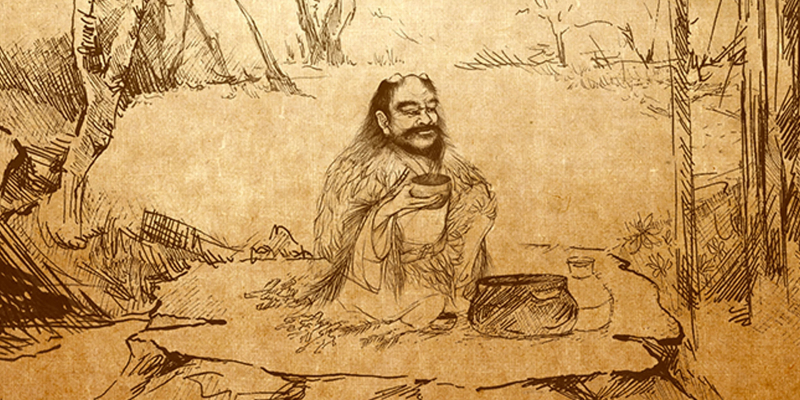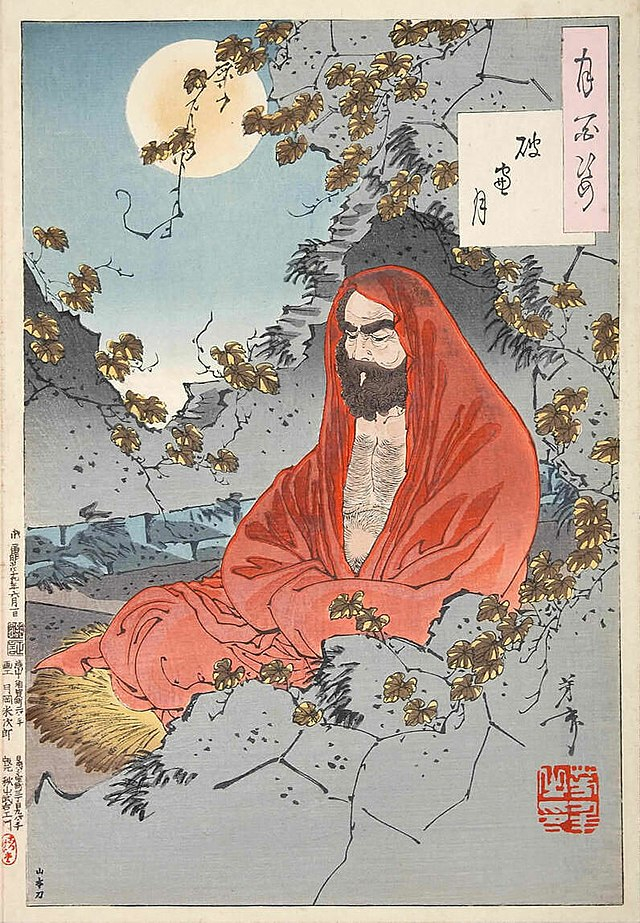The myths and legends of Tea's origin
As we all know, the tea we are drinking today has a rich history, as tracing tea's original roots proves that it is probable that the tea plant originated in regions around southwest China, Tibet, and Northern India. However, both Chinese and Indian have their own myths and legends about how tea is discovered.
According to Chinese legend, tea was accidentally discovered in 2737 B.C.E. by Emperor Shen Nong, a skilled ruler, and scientist. Legend has it that while boiling water in his garden, a leaf from an overhanging wild tea tree drifted into Shen Nong's pot. The leaf's taste blends out so well with the boiling water, and the Emperor enjoyed drinking the infused water so much that he was compelled to research the plant further. In his research, Shen Nong is believed to discovered tea's medicinal properties as well.
On the other hand, Indian legend attributes the discovery of tea to Prince Bodhi-Dharma, an Indian saint who founded the Zen school of Buddhism and happened to left India to preach Buddhism in China, where he discovered tea. Prince Bodhi-Dharma vowed to meditate for nine years to prove his Zen principles, but towards the end of his meditation, he fell asleep. After waking up, he was so distraught with himself to the point that he cut off his eyelids, and threw them to the ground. Legend has it that a tea plant sprung up on the same spot to sanctify his sacrifice.

















